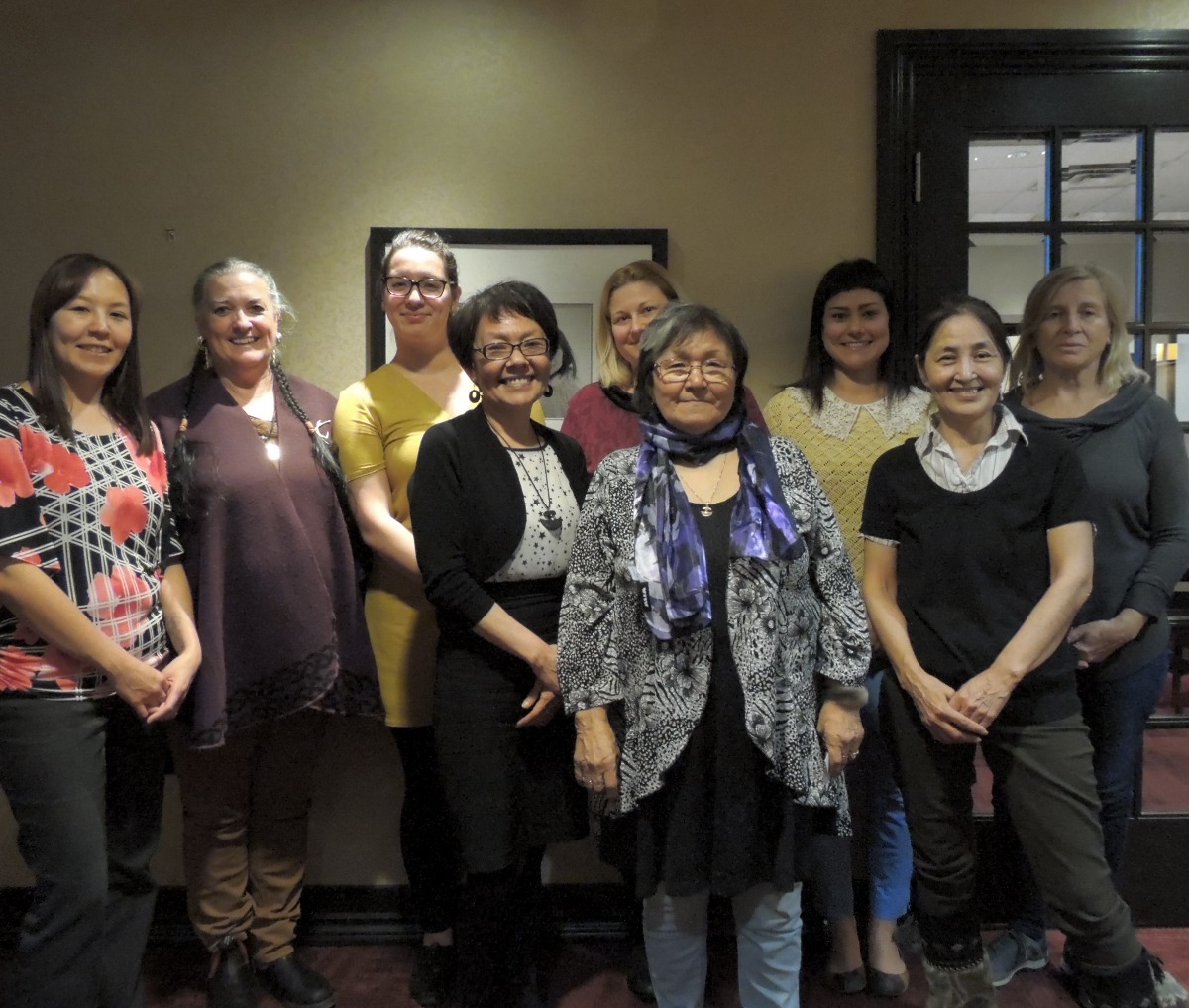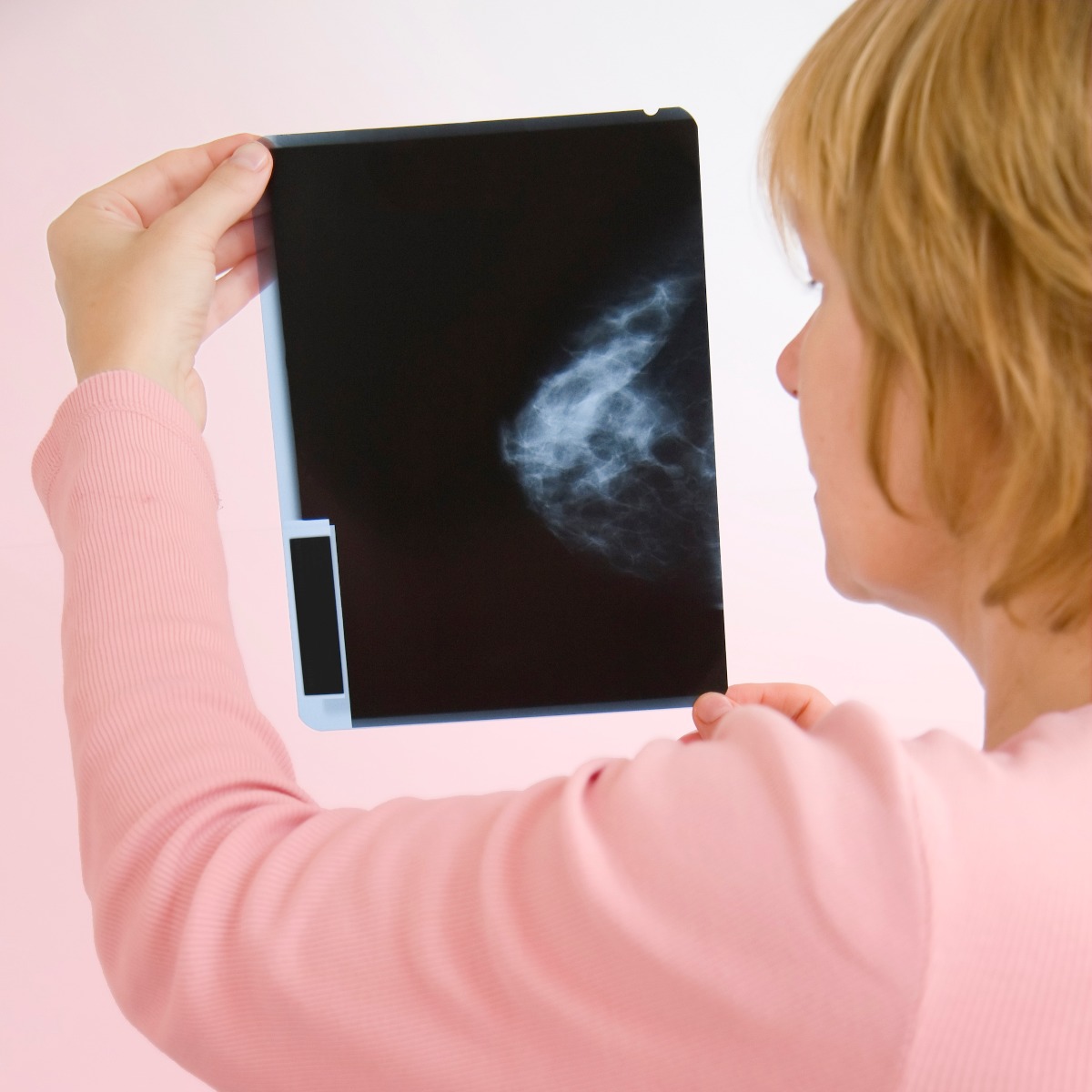By continuing to use our site, you consent to the processing of cookies, user data (location information, type and version of the OS, the type and version of the browser, the type of device and the resolution of its screen, the source of where the user came from, from which site or for what advertisement, language OS and Browser, which pages are opened and to which buttons the user presses, ip-address) for the purpose of site functioning, retargeting and statistical surveys and reviews. If you do not want your data to be processed, please leave the site.
The Voice of People With Breast Cancer
Education
Our Voices Blog
Contributor : CBCN Team
The Power of We
Together we can accomplish great things! It’s always amazing to watch how individuals coming together as one united voice can truly make a difference in the lives of others.
The innocence of a toddler and the reality of cancer
It was just another typical morning in our house, trying to get my son fed and dressed before I take him to daycare. As I am multitasking, getting myself dressed and making sure my son is actually brushing his teeth, I notice he’s watching me. He’s still trying to process those two large scars across my chest. The incisions are still fresh and slowly healing and turning to scars. Scars that represent where my breasts once were but now is just an empty space. He finally pipes up. “When are your boobies going to grow back, Mommy?” He asks so innocently.
Here’s what you need to know about inflammatory breast cancer
Inflammatory breast cancer (IBC) is a rare and aggressive form of the disease that doesn’t get a lot of attention. It’s tough to diagnose because of its unusual symptoms, and it’s more common in young women which makes it particularly tricky since the symptoms mimic that of mastitis, a common breast infection in new moms who breastfeed. Here’s what you need to know:
History of breast cancer treatment
People have known about breast cancer since ancient times. For most of that time, there were no effective treatments. However, in the last 120 years, advances in surgical and medical treatments have meant that today, 98 percent of patients with localized breast cancer survive at least five years after diagnosis. The following timeline shows the development of breast cancer treatments.
Triple-negative breast cancer: managing the fear of recurrence
“Abject terror floating in the back of my head.” That’s how Shelley Moore of St. Albert, Alberta describes her reaction to her 2014 diagnosis of Stage II triple negative breast cancer.
Understanding Biosimilar Drug Development
Biosimilar drug development involves many of the same steps that a biologic drug goes through but with a different focus.
The healing powers of meditation
Meditation programs are popping up across Canada – and for good reason. This centuries-old practice, also known as mindfulness, is one of the best tools for our health, well-being, and happiness. Research shows a daily meditation practice reduces stress, depression, and inflammation while improving sleep, fatigue, and menopausal symptoms in women who have a breast cancer diagnosis. Additionally, studies connect meditation and an enhanced immune function. These are all important considerations when you’ve had a breast cancer diagnosis.
On Be the Choice
I was diagnosed with breast cancer in February 2016. My understanding of the language of breast cancer that allowed me to fully comprehend my diagnosis and treatment options, came long after the news. Long after the radiologist told me that my mammogram was “highly suspicious for cancer.” Long after the surgeon doing my breast biopsy spelled out that I had a mass in my left breast, at least two enlarged lymph nodes, and was facing “a very difficult year.” Using that language now, I had locally advanced, hormone responsive, HER2 negative, stage 2, invasive ductal carcinoma: T2N1. After that difficult year (and more), my cancer is in remission.
Biosimilars for Cancer: What’s Coming Down the Pipeline?
Biosimilar therapies have already been in use in Canada for a few years, mostly in the chronic disease and supportive care settings. But soon they will be used for treating cancer as well. There isn’t a lot of information about these new oncology biosimilars and it’s important that breast cancer patients are aware of how their treatment plans may be impacted by these new therapies. We explore some of the emerging biosimilar therapies that will be used to treat cancer patients soon.
Biosimilars: Clinical perspective
We are all familiar with generics. The exact copy of the known chemical formula used in the original medicine is what constitutes the generic form of any medicine. There are multiple reasons why generics are able to be mass produced at a lower cost. An important step includes manufacturers of generics having to provide proof that their version is an exact copy of the chemical formula of the original medicine and that when used in healthy individuals, the metabolism remains very similar to the original compound. This shortened pathway of getting approved from Health Canada or a similar regulatory agency ensures less economic burden to manufacturers and provides the obvious advantage of a significantly lower price, as well as improved accessibility for patients.
My experience participating in the valuable work of the Inuit Cancer Project
On May 1st and 2nd I had the pleasure of representing CBCN at an Advisory Committee meeting for the Inuit Cancer Project lead by Pauktuutit Inuit Women of Canada in Iqaluit, NU. This meeting gave those involved in the project an opportunity to meet face to face to discuss an overview of the project, how it was proceeding, along with an update of recent activities and roundtable discussions. These roundtable discussions included opportunities to speak about lessons learned, ways to build community engagement, community capacity and next steps.
Understanding Biosimilars from a fellow breast cancer patient
As a breast cancer survivor and board member of CBCN, I am very interested in how biosimilars will be used in breast cancer treatment in Canada. While not commonly understood today, biosimilars will soon be a household discussion among breast cancer patients. As patients, it is important for us to know how biosimilars will be used to treat cancer, especially if they are going to be used as effective alternatives to brand name treatments. Here are some of the points that I think are important for us, as patients, to consider.
Research highlights from ASCO’s 2018 Annual Meeting
Earlier this month, the annual meeting for the American Society of Clinical Oncology was held in Chicago. Here, key research developments in every area of cancer care are shared with oncology professionals from around the world. We’ve compiled the top breast cancer highlights to come out of this year’s ASCO 2018 conference:
What you need to know: Accessing clinical trials out of province and out of country
I have been living with metastatic breast cancer for over eight years. While I am usually averse to using battle analogies for living with and dying from cancer, finding the best care has required a fight, considerable perseverance, and hard work. Fortunately, my ER+/PR+ tumours (pleura/liver/lymph) have responded well, but not great, to hormonal therapies. I’m onto my seventh line of treatment.
I wish someone told me I had dense breasts
Dense breasts are common in Canadian women, affecting about 3.4 million women. Having dense breasts makes it harder to detect cancer on a mammogram yet women are not being told.
Biosimilars: What are the doctors saying?
Now that you’ve learned more about biosimilars, it may also be of interest to learn what the physician perspective is. We connected with Dr. Sandeep Sehdev, a medical oncologist at the Ottawa Hospital, to get his perspective on biosimilars and what he thinks is important for patients to understand about them.
Tips for managing cancer-related brain fog
One of the most common complaints you hear from patients getting chemotherapy is brain fog. It's why it's most commonly known as "chemo brain". But what is it and why does it happen? And most importantly, how can it be managed?
Learning more about biosimilar treatment options
Biosimilar drugs will soon be entering the breast cancer treatment landscape and are already available for support medications. With these emerging treatment options, it’s important to know more about them so you can make informed decisions about your treatment plan.
Diarrhea – the opposite of constipation
In complete contrast to constipation, diarrhea is also a common side effect of treatment. While many chemotherapies and targeted therapies cause constipation, some of the others cause diarrhea. Loss of bowel control can not only be embarrassing, but it can cause painful cramps and lead to dehydration.
Top 10 priorities for metastatic breast cancer research
It’s powerful what happens when patients, caregivers, and clinicians come together to look at research priorities; a broad list of questions that encompasses a variety of viewpoints emerges.


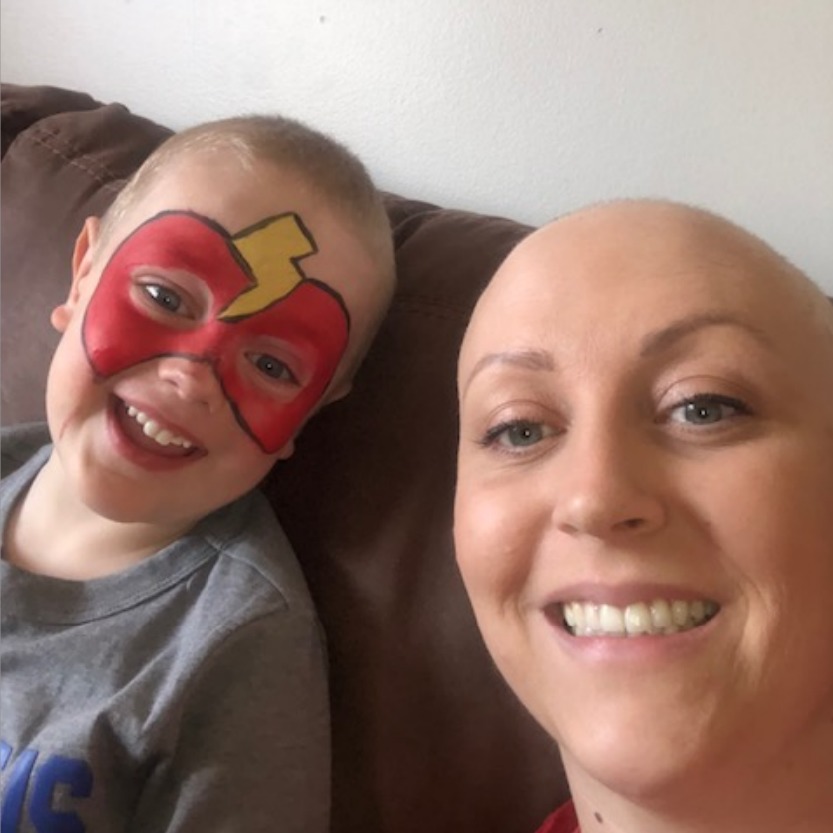


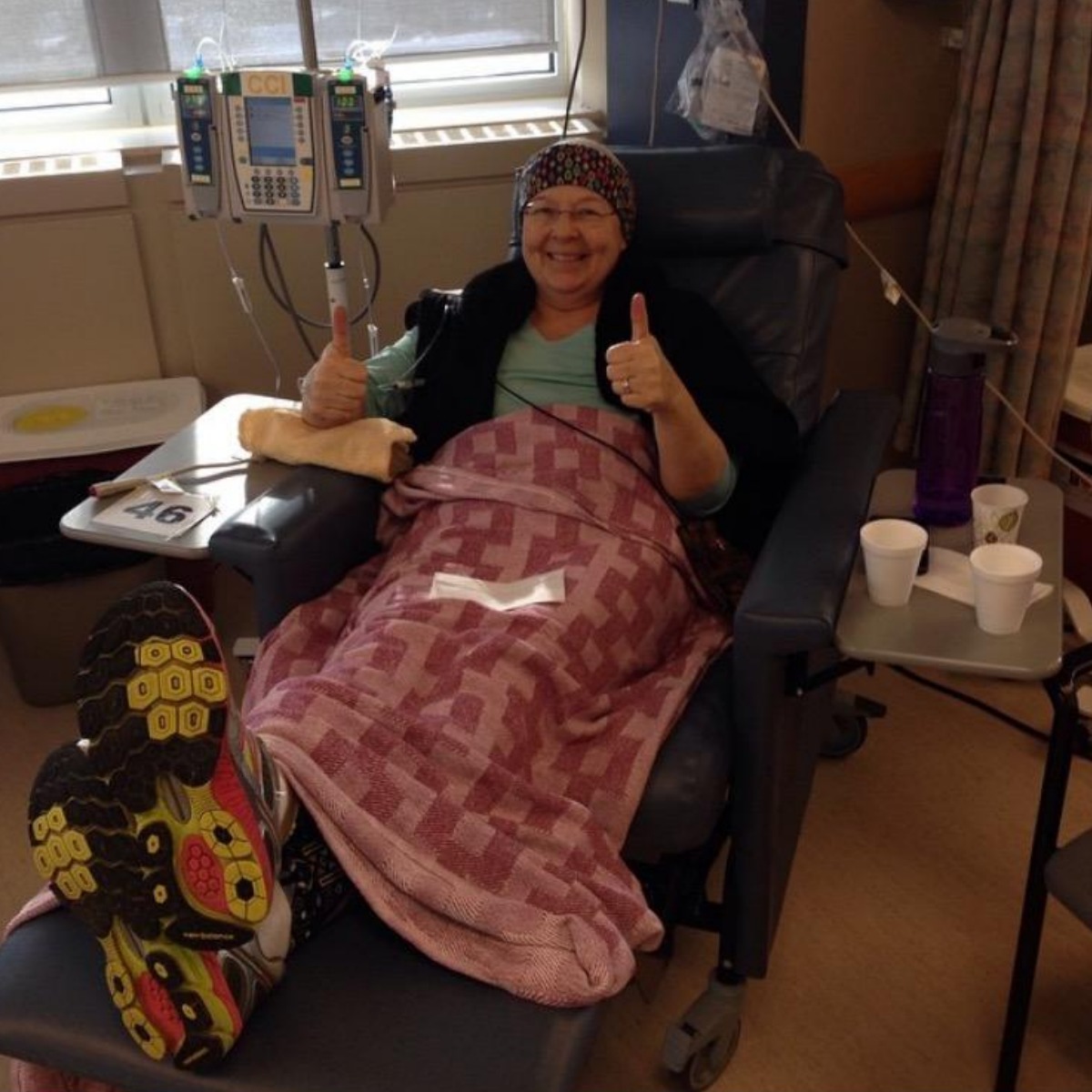
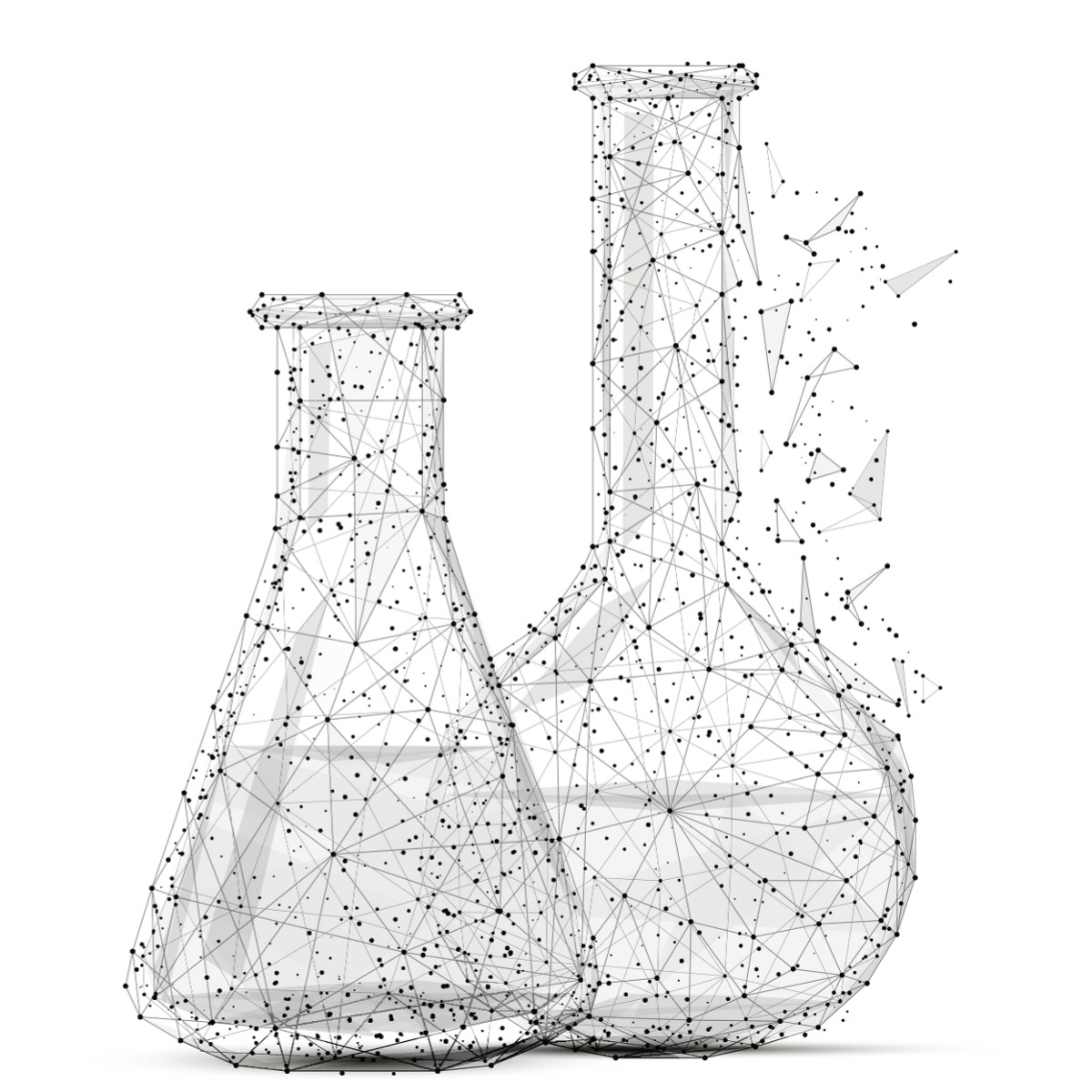

.jpg)


